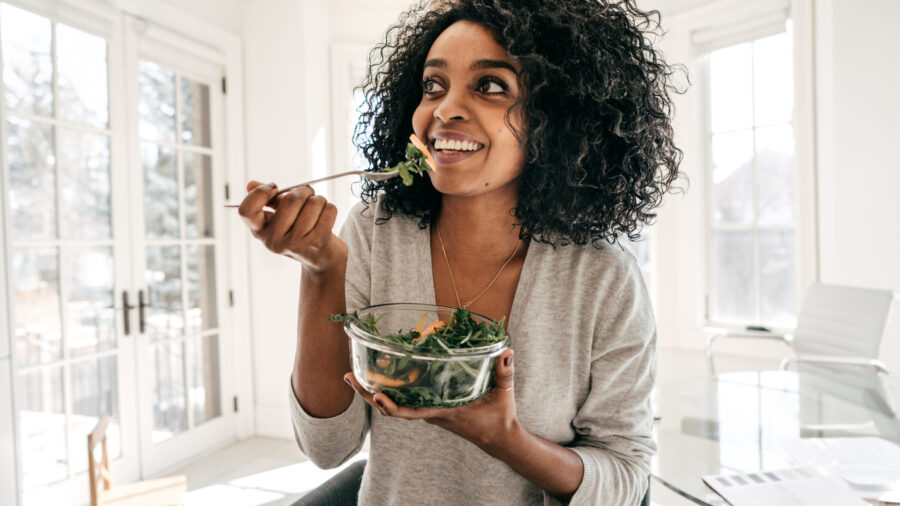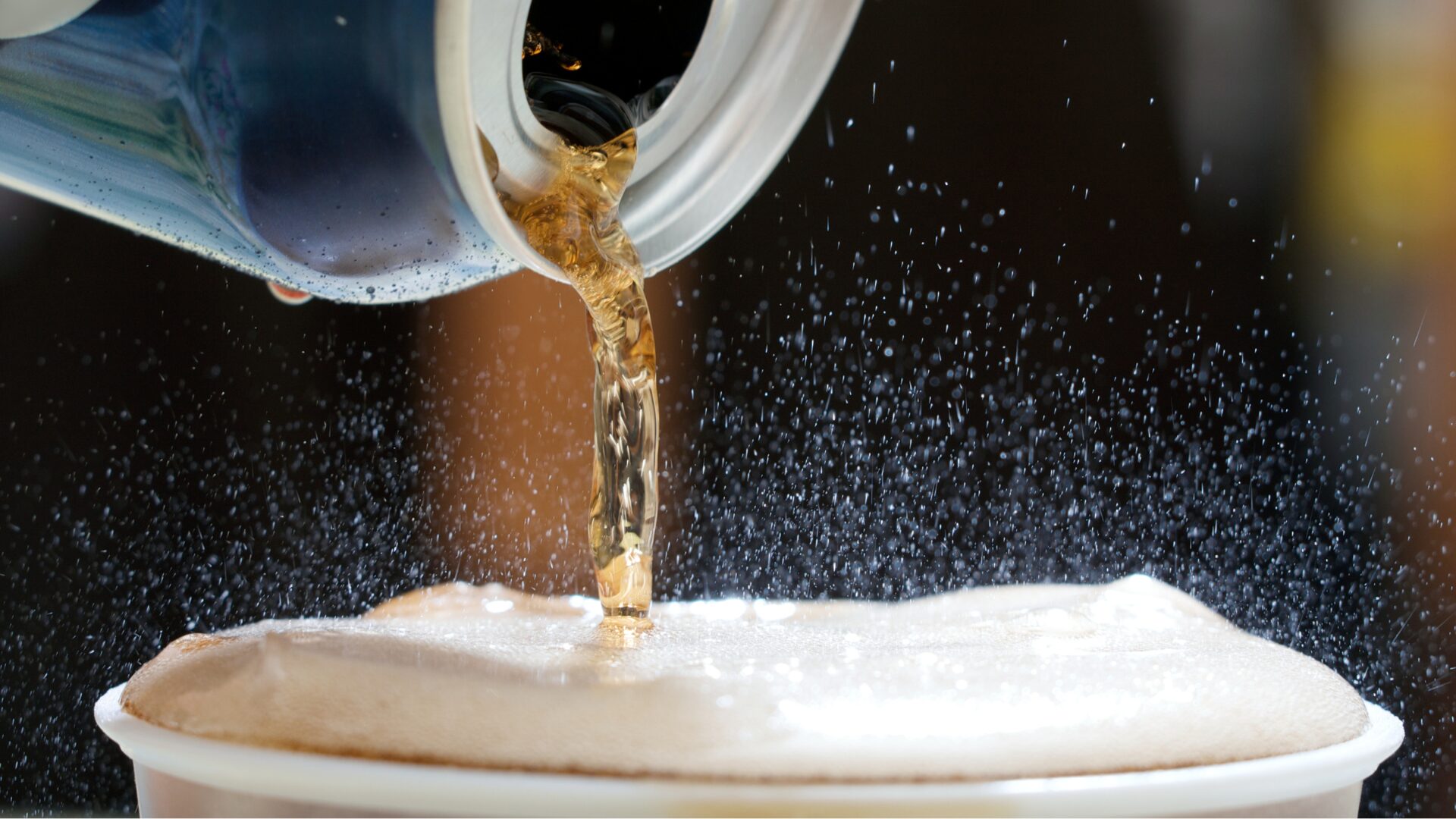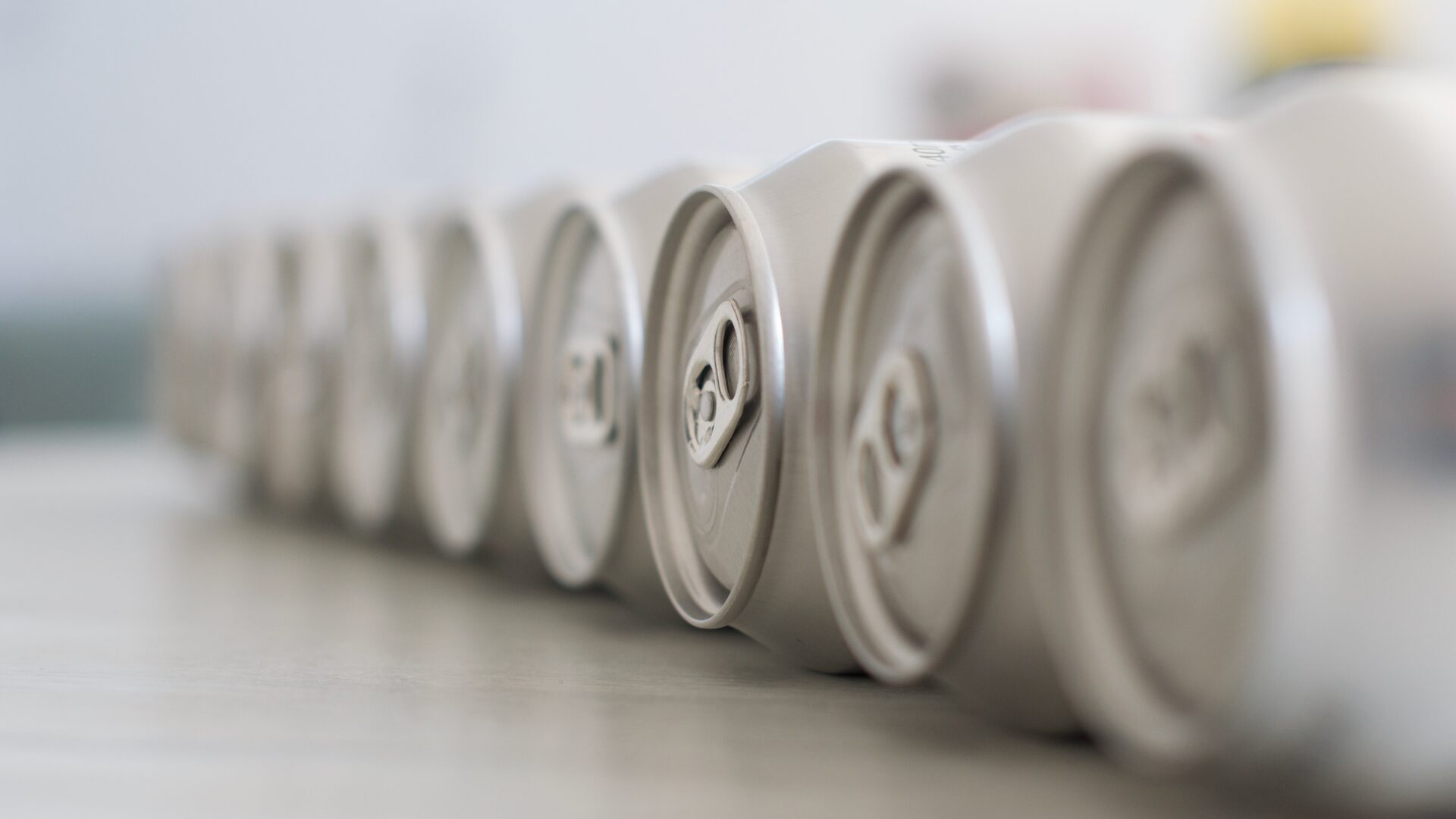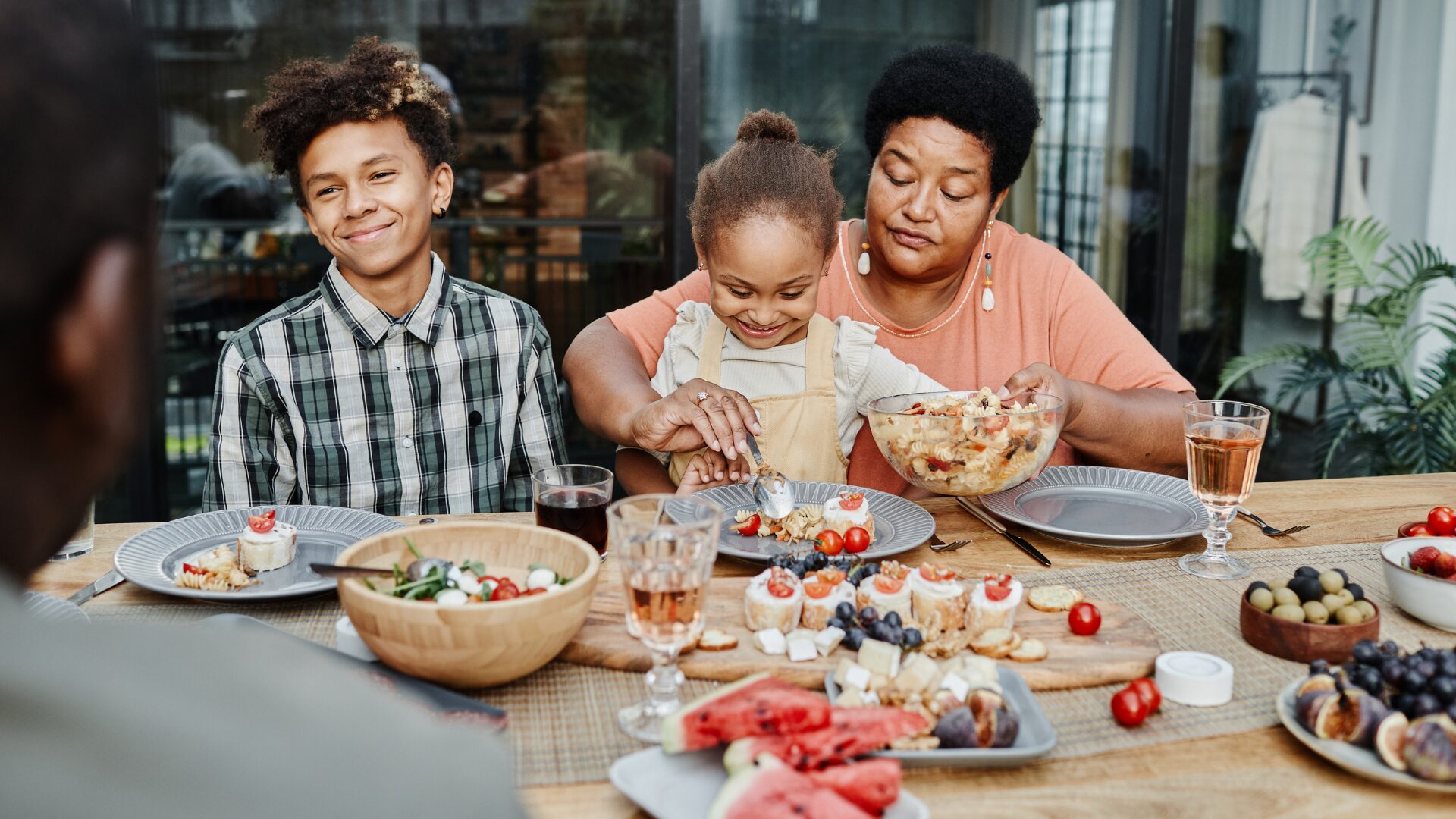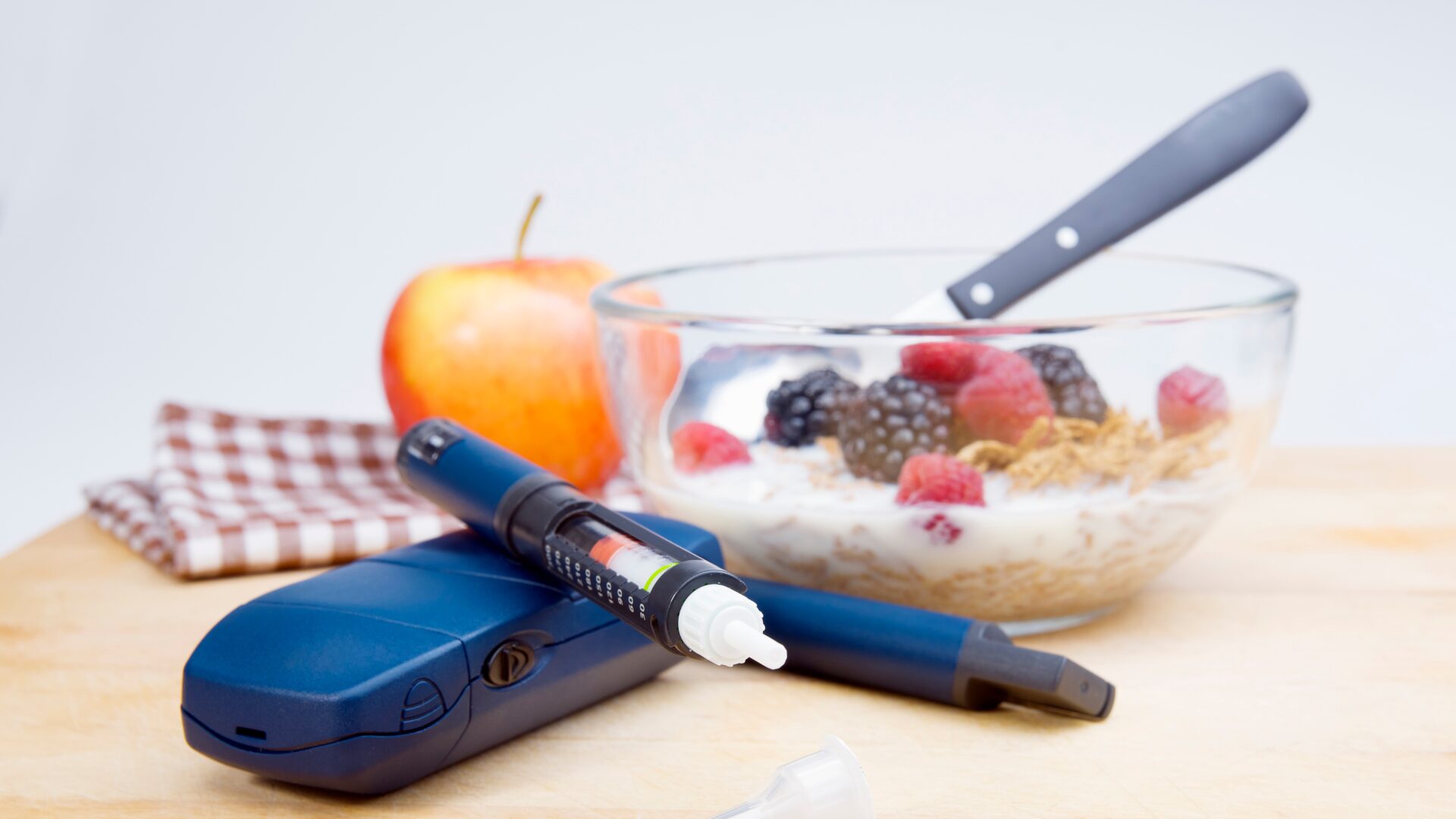Companies like Grand View Research and Future Market Insights have produced a host of health and wellness reports recently. The reports noted, for example, that the global prebiotics market size is valued at nearly $6 billion and will grow at a CAGR of 15% through the end of the decade and that the postbiotic market should grow at a CAGR of nearly 12% through 2032.
Brands big and small – from Nestlé to Annie’s Homegrown – have noted consumers’ growing interest in topics like gut health and health and wellness in general. The world’s largest CPG companies have made acquisitions with the health and wellness movement in mind (think Mondelēz acquiring Hu – a well-being snack company – in 2021.)
“F&B brands have made a reputation for themselves in the health and wellness industry. They’ve filled a void in the market by providing health-conscious customers with tasty, convenient options,” noted Hassan Sanders, founder of diabeticinsurancesolutions.com.
As the health and wellness movement has gained momentum, it has forced F&B companies to adapt.
“By embracing authenticity, education, personalization, and a focus on mental wellness, brands can effectively navigate this evolving landscape,” said Kate Adams, CEO of fitness brand Linions.
The health and wellness trend serves as the main topic of this month’s extensive Food Institute report, available to members on Tuesday (to join FI, click here).
“The nexus between gut health and mental wellness offers fertile ground for innovation,” noted Evan Hamlyn, founder of creative branding agency Legs Brands. “Foods enriched with probiotics, Omega-3 [fatty acids], and stress-relieving herbs can be more aggressively marketed for holistic well-being.”
The concept of mental well-being has especially gained traction in recent years. The supposed stigma of addressing mental health has dissipated as the topic has moved into the mainstream via increased conversations throughout society.
The food industry would be well-advised to take note, said Sarah Bridenstine, a professional chef, baker, and co-founder of the Baking Kneads blog.
“Most F&B brands focus on physical health, overlooking the profound impact food has on our mental well-being,” she said. “Baking, for instance, is therapeutic for many. Imagine a concept like ‘mood foods’ – a range of products targeted at enhancing one’s mood. Chocolate does that, doesn’t it? But the potential is so much more expansive.”
No matter the age, gender, race, or income level, one thing many consumers have in common is a focus on health and nutrition. Seemingly everyone wants to delay aging in 2023.
“We call [that] being ‘nutritionally engaged,’” said Mike Glick, the CEO of Goode Health. Many modern consumers “want to make a change in their life, and they believe nutrition is a major factor that can help them – and they’re actively using and looking for solutions.”
The Food Institute Podcast
It starts with a simple question – what is an influencer? SRW Agency influencer marketing manager Jenna Ogle joined The Food Institute Podcast to discuss how the food and beverage industry can leverage influencer campaigns and how such campaigns fit into larger marketing programs.


